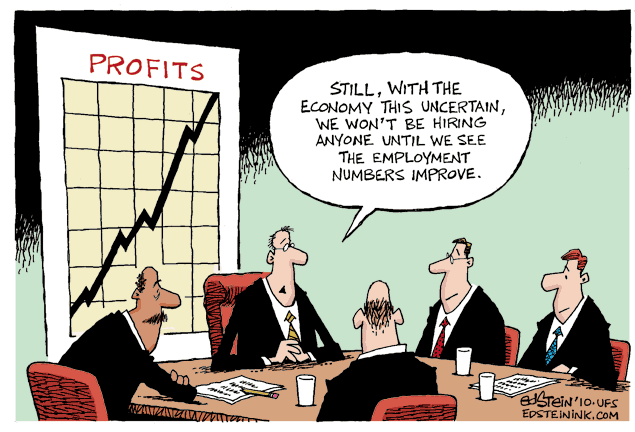Well, apparently the short story
Hit Man assignment was intended to be about a character from
Zaat... but being the inflammatory, revolutionary, student that I am, I wrote my own
Hit Man story, from the perspective of a sort of mafia, criminal, shady character. I will be still be writing (and posting) a
Zaat version, but I felt particularly proud of this piece, so here it is.
Ladies and gentlemen, the labor of love and lazy direction reading, I present to you...
The Janitor
The Mess
The Janitor knows the problem with murder is that it is sticky. The beads of sweat that inch down his spine, as he slumps in the stifling cab of the police car, are sticky. The hairs, the dust, the screams, all stick to his clothes, cling to his worn, black boots. The satisfied smile that creeps into the corners of his mouth as he watches the hearse roll away, sticks to his face, twitching into the crinkles by the corners of his eyes.
The Bedtime Story
At the beginning of time, God created the creatures of the night and the creatures of the day so he would have entertainment to watch by the light of both the moon and the sun. The animals of the night thrived under the cool shadows and bright beams of the moon, while those of the sun basked in the gentle breeze and warm rays of the sun. But there was once a little bat who pined for a taste of the sunlight...
“So now I too fly blindly back to the dark, cursing the light.” whispers The Janitor.
The Mop
Think of it as a mop, said the man with the flinty eyes and slicked hair, they both make messes disappear. The Janitor ran his hands over the smooth, black surface of the barrel, grinning into the muzzle. Here, in case it’s a big mess, the man with the flinty eyes and slicked hair tossed The Janitor a second magazine.
The Reunion
The Janitor wasn’t sure why he went. Partially, he assumes, he wants to show off his suit, his Rolex, his glossy leather shoes with the toes that pointed so precisely outwards. Had anyone else done as well as he?
He smiles as approving pats and firm handshakes rained down upon him in between bites of pastrami and toasts to the “good ‘ole days.” The Janitor watches the faces of the men with the worn faces and relaxed jaws, the women with the pearls and pinched grins, wondering what it must be like to live one’s entire life in fear of the “bad guys.”
The Janitor strikes up a conversation with a bubbly young woman he does not remember from his years of textbooks and cold football games; she asks him what he does for a living that has afforded him such a lovely lifestyle.
“Boring business stuff, you know, organizing, cleaning, bossing people around, nothing exciting.”
The Socks
The Janitor pulls up the pant leg of his jeans, revealing yellow socks with red and green dinosaurs on them.
“These are my favorites, I like to wear them on special occasions- birthdays, holidays, when the Mets win the World series.” The man tied to the chair does not laugh. Some people have no sense of humor muses The Janitor as he mops up the man.



